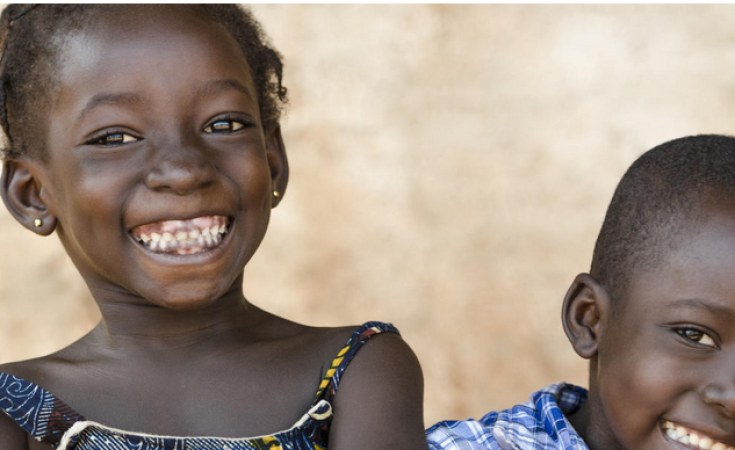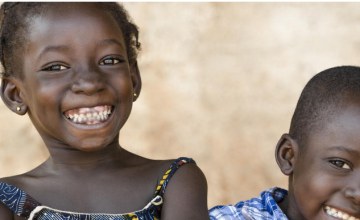A $4 million COVID-19 response grant from the African Development Bank has boosted South Sudan's capacity to respond to the health crisis created by the pandemic.
As at 18 September 2020, South Sudan had 2,599 confirmed cases, 49 deaths and 1,290 recoveries.
In response to the pandemic, in June 2020, the Bank rolled out the grant under its COVID-19 Response Facility to strengthen the joint efforts by the government, the World Health Organization (WHO) and other partners to fight the disease in the country.
"Through the AfDB-Government of South Sudan project, 376 healthcare workers have been trained in COVID-19 case management; surveillance is being scaled up and coordination strengthened at the sub-national level. The country has received critical supplies to support its COVID-19 response," said Dr. Olushayo Olu, WHO Representative for South Sudan.
South Sudan received critical health supplies, including personal protective equipment, 51 oxygen concentrators, 20 pulse oximeters, 13 patient monitors, and infection, prevention and control equipment a few weeks after the Bank approved the grant. Seventeen health facilities will be renovated and equipped for case management.
The project is enhancing local capacity for case management and augmenting surveillance and detection of COVID-19 cases. It is also strengthening South Sudan's ability to respond, particularly at the sub-national level.
Following the training of health workers, there is now more robust surveillance, sample collection, testing and contact tracing. At least 84% of contacts are reached on follow-up.
"The training reinforced my confidence and triggered the need to keep updating my knowledge on COVID-19 to help the people of South Sudan," said Dr. Majok Philips Matiop, the lead case manager on home isolation.
Preliminary preparations for the establishment of an oxygen generation plant, including assessment of existing plants across the country, have been conducted. WHO is expected to provide technical expertise in-country. Also, discussions are ongoing to establish a port health office at Juba International Airport.
The Bank's Country Manager for South Sudan, Benedict Kanu, said the intervention was timely.
"The pandemic revealed major gaps in healthcare services, including inadequate personal protective equipment in many African countries, including South Sudan. The Bank's support will help to improve the country's national health system and make it more able to respond to COVID-19 and future health emergencies," he said.
South Sudan has also experienced a locust invasion that has threatened food security. In April 2020, the country and others in the Horn of Africa region received a grant of $1.5 million in emergency relief to spur locust control efforts.



